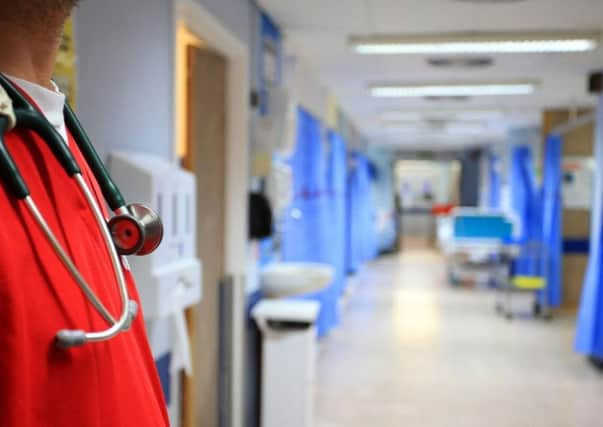Alarming numbers of NHS consultants suffer anxiety and depression, research shows


Researchers found that more than two in five NHS consultants - some 43 per cent - had symptoms of anxiety and 36 per cent were depressed.
The study found that stressful working conditions and a lack of workplace autonomy were among the causes of poor mental health among consultants.
Advertisement
Hide AdAdvertisement
Hide AdIt warns that doctors are more likely to retire early if they suffer depressive symptoms. But consultants would have better mental health if they had more freedom at work, the study said.
“These results clearly show that a significant proportion of consultants in the NHS are struggling with their mental health, and if we don’t do anything about this it will only make things worse as their mental health could decline further and they are more likely to then retire early,” said Dr Kevin Teoh, from the Department of Organisational Psychology at Birkbeck, University of London.
He added: “What we see here is the impact that poor working conditions have on the mental health of consultants.
“There needs to be greater emphasis on recognising and addressing the underlying issues that exist in how work is organised and managed in the NHS.
Advertisement
Hide AdAdvertisement
Hide Ad“As we see here it’s not just about reducing workload or work-related pressure, but about giving consultants more autonomy in their work.”
Elsewhere, research led by a leading thinktank has found that children whose parents suffer from depression are more likely to need hospital treatment.
The Health Foundation said children of depressed adults were more likely to visit A&E, be admitted to hospital or have outpatient appointments. Teenagers with a parent who is depressed are more likely to visit their GP
The study, published in BMJ Paediatrics Open, found that parental depression was linked to a 41 per cent increase in the likelihood of A&E attendance.
Researchers looked at data from more than 25,000 patients in London, including 980 children who had a parent who had been diagnosed with depression.